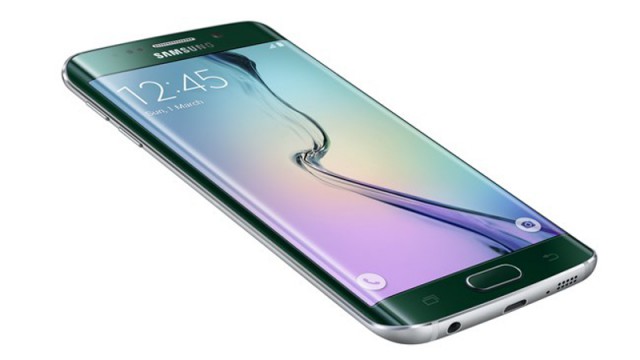
Samsung's flagship devices already have great battery life, hitting well over 10 hours of usage without a problem, but the company wants to double the numbers with a new technology being worked on in-house.
The prototype adds a graphene layer on top of silicon anodes, adding 1.8 to 1.5 times greater density to the battery. In early tests with large scale batteries, Samsung is noting double the amount of life.
"The graphene layers anchored onto the silicon surface accommodate the volume expansion of silicon via a sliding process between adjacent graphene layers. When paired with a commercial lithium cobalt oxide cathode, the silicon carbide-free graphene coating allows the full cell to reach volumetric energy densities of 972 and 700 Wh l−1 at first and 200th cycle, respectively, 1.8 and 1.5 times higher than those of current commercial lithium-ion batteries", writes Nature Journal.
Samsung's high-end Galaxy Note 4 already averages around 18 hours battery life, making it a big seller in the productivity market. Even the smaller Galaxy S6 and S6 Edge hit 11 hours on average, three more hours than Apple’s iPhone 6.
Considering one of the most wanted features on modern smartphones is a killer battery, Samsung might be onto something with this new technology. It is not only useful for smartphones however, with Samsung’s ambitions stretching into electric cars.
Samsung has already partnered up with leading automotive suppliers to build batteries for electric cars, and this new technology might woo big electric car fans like Tesla Motors and Toyota -- although Tesla CEO Elon Musk has been critical of "battery innovations" in the past.
There was no planned smartphone Samsung will test the innovation out on first, meaning it could be a few years before double the life is available.
By that time, we might need double the life to sustain the 4K screens bleeding normal smartphone batteries dry.
Published under license from ITProPortal.com, a Net Communities Ltd Publication. All rights reserved.

